Hello world!
5 de November de 2021A study of the impact, innovation, threats, and sustainability of digital media entrepreneurs in Latin America, Southeast Asia, and Africa.

As pandemic lockdowns spread around the globe in early 2020, advertising rates plummeted and news analysts warned of an “extinction-level event” for news organizations.
Concerned about how this crisis had affected the independent digital native media that we work with at SembraMedia, we embarked on a large-scale research project at the beginning of 2021 to see how these relatively new media players had fared, and what had changed since our first Inflection Point study in 2016.
We were relieved to find that the majority of the 200+ digital native media included in this expanded study did not suffer the huge financial losses reported by traditional media players. Our analysis suggests this is primarily because they are not overly dependent on advertising, and because grant funding for media increased in 2020.
In our first Inflection Point study, we interviewed 100 digital native media entrepreneurs in Argentina, Brazil, Colombia, and Mexico. For this report, in addition to conducting 100 interviews in those same four countries in Latin America, we added eight more countries, interviewing media leaders from 49 digital media organizations in Africa: from Ghana, Kenya, Nigeria, and South Africa; and 52 in Southeast Asia: from Indonesia, Philippines, Malaysia, and Thailand.
Working under a barrage of threats and attacks
These new media ventures face many of the same challenges typical of startups, but they often operate under conditions that other business founders would find unthinkable—from online attacks to physical violence.
Online harassment has become so prevalent that many of the organizations we interviewed said they were subjected to near-constant trolling and other types of online abuse and harassment—primarily via social media.
Across all three regions, 51% of the media organizations in this study said they were the victim of digital attacks, and 40% said they had been threatened for their work—often on a weekly if not daily basis.
Across all three regions, 51% of the media organizations in this study said they were the victim of digital attacks, and 40% said they had been threatened for their work—often on a weekly if not daily basis.

How digital native media generated revenue in 2019 and 2020
To better understand how digital native media were doing before and during the pandemic, we asked detailed questions about revenue sources and expenses for both 2019 and 2020.
Throughout this report, we use data from 2019 to avoid potentially temporary anomalies caused by the COVID-19 pandemic. We included findings from 2020 only when there were notable differences.
We should note that not all of the media in this study were able to answer all our revenue and finance questions, and a few declined to answer, despite our assurances about privacy. As a result, the financial numbers presented in this report are based on what we learned from 141 of the 201 media leaders we interviewed. To better compare these findings, revenue and expenses were converted to U.S. dollars, using average conversion rates for the year reported.
Across all of the media in all three regions in this study, the top revenue categories were: grants, advertising, consulting services, content services, and reader revenue, in that order, for both years.
